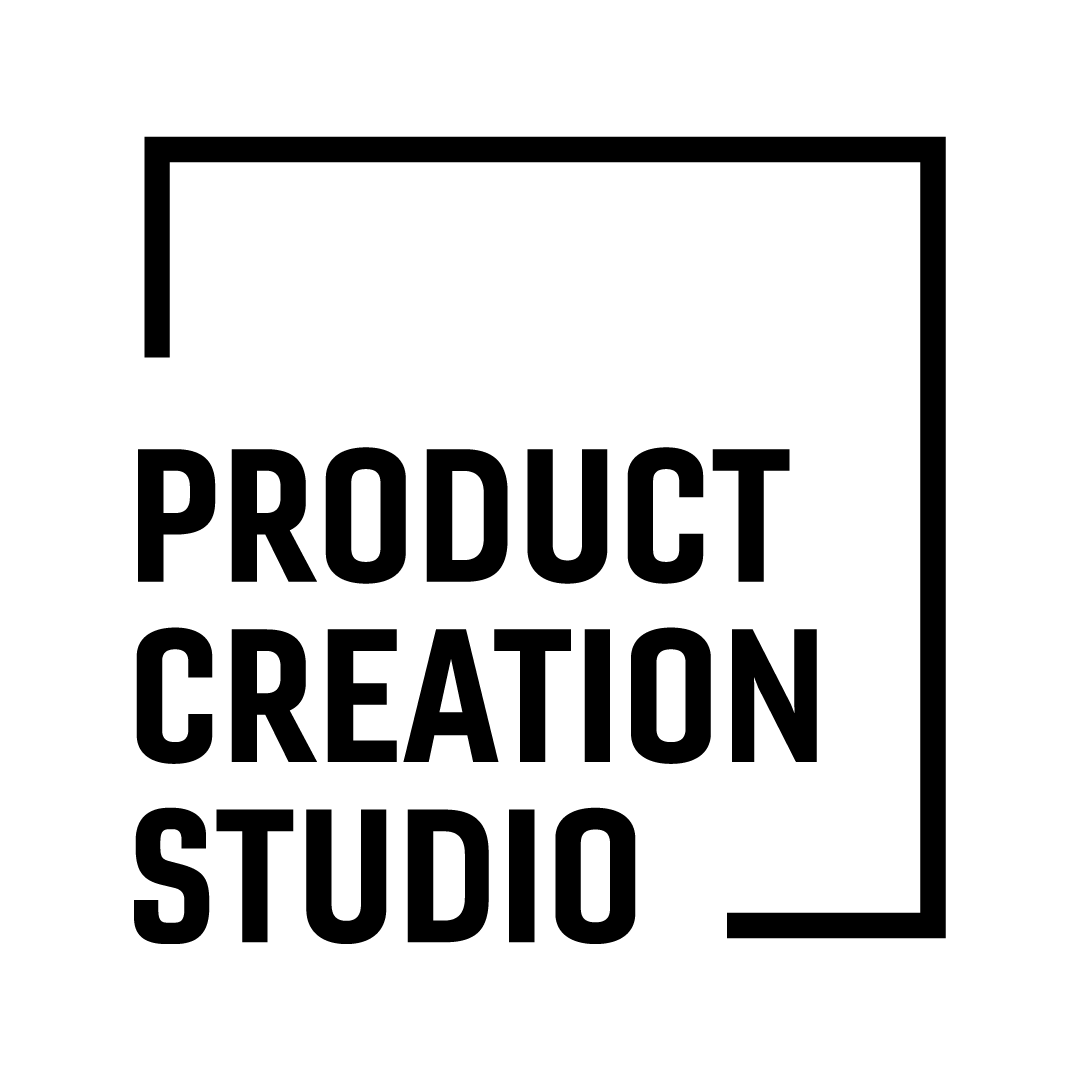DeviceConnect Highlights & Video: Novel Delivery Mechanisms for Modern Medicine
On May 10, Product Creation Studio and Life Science Washington hosted DeviceConnect to discuss the rapid evolution of modern medicine, spurred by incredible advancements in vaccine and drug delivery. Featuring panelists with expertise ranging from pharmaceutical therapeutics to biotechnology to thermostable formulations of vaccines, the discussion enlightened the audience on emerging trends and the global impact on both patients and providers.
Here is a glimpse at what each of the panelists and their teams are working on:
At PATH, Dr. Manjari Lal and her team are constantly looking for technologies to make vaccines more accessible and acceptable on a global scale. In low and middle-income countries, Dr. Lal notes, “vaccine scalability is a huge hindrance. This negatively impacts access around the world.”
#DeviceConnect: What does modern medicine look like to you? Manjari Lal, PhD @PATHtweets answers.
— Product Creation (@PCS_News) May 10, 2022
We are constantly looking for technologies to make vaccines more accessible and acceptable on a global scale. 🌎
Our goal when evaluating technologies is two-fold (a thread 🧵)
Take mRNA vaccines, for example. In the US, refrigeration of this vaccine is easy. For low and middle-income countries, however, it’s a big deal as continuous refrigeration can’t be maintained. Dr. Lal’s focus on the development of thermostable formulations of vaccines and pharmaceutical drug products hopes to improve access and impact around the world.
Dr. Saniya Ali and her team at Watershed Therapeutics are working to solve unmet clinical challenges in urology and more specifically, in the treatment and prevention of recurrent urinary tract infections in women. When looking at solutions, Dr. Ali and her team take a user-centered approach by looking at a wide range of factors when considering treatment options. To them, a user-centered approach means understanding the experience and pain points of both the provider and the patient, digging into current solutions on the market, and interviewing experts in related fields to have a clear understanding of the gaps in the market.
Dr. Deborah Fuller is a Professor at the University of Washington School of Medicine, as well as CTO and co-founder of Orlance, Inc., a company working on a platform to deliver nucleic acid vaccines and related therapies. Their technology is poised to increase access and compliance of vaccines and pharmaceuticals worldwide.
Dr. Fuller describes the technology as “micron-sized particles accelerated onto the skin at supersonic speed. Penetration into the skin is almost painless,” she says. And the potential to increase compliance is huge. “This technology can be self-administered, which means special training isn’t required for delivery.” “In addition,” she adds “needles create compliance issues so needle-free can thereby increase compliance, making it easier to scale and distribute globally.”
Check out the full recording to learn more about what these companies are doing to provide a better healthcare experience and what opportunities might lie ahead!


